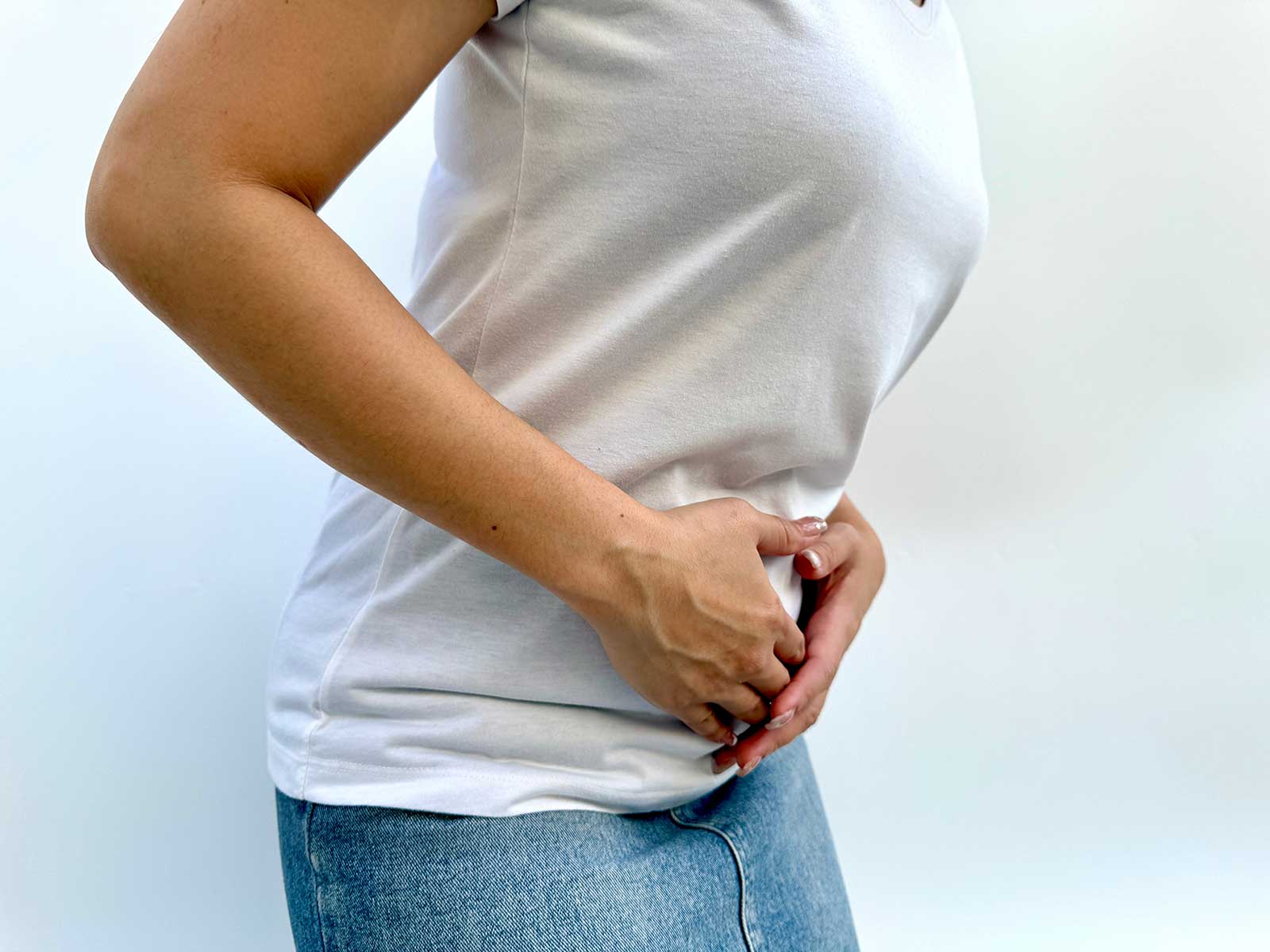
Acute colonic pseudoobstruction or colonic pseudo obstruction is swelling of the colon where nerves or muscle cannot work in the colon anymore therefore slowing the colon although there is nothing that is actually in the colon that is preventing the movement. Testing and imaging might prevent severe complications at the initial phase.
Its symptoms are usually similar to an obstruction of a bowel. You may experience:
Colonic pseudoobstruction can be occasioned by several factors:
We are worried about your digestive well-being. Proper diagnostics and tailored treatment plans of colonic pseudoobstruction and other conditions are offered under GastroDoxs by our board-certified specialists in the shortest time possible in Houston. Do this today by calling us at 832-476-1649 or visiting our online portal to do so. We will help you to relax and get on with enjoying life.
We've successfully treated more than 1.5K patients, helping individuals improve their digestive health and overall well-being through expert, personalized care.
With over 20 years of experience, GastroDoxs has been a trusted provider of gastroenterology care, focusing on delivering the best outcomes for patients
The code of colonic pseudoobstruction of the ICD version 10 is K59.8 which incorporates other specified bowel disorders.
Physicians use imaging procedures such as X-ray of the abdomen or CT to investigate the colon. The examinations show the absence of mechanical obstruction in colonic dilation.
Yes. The intestinal motility can slow with some medications- particularly opioids, anticholinergics and certain sedatives- and cause pseudoobstruction.
It can be. In the untreated case, the colon can turn overstretched over long periods of time and this can cause a high likelihood of perforation, infection or even death of tissues and it requires emergency treatment.
Ileus is slowed movement in the small and large intestines and the sole area that is susceptible to colonic pseudoobstruction is the large bowel (colon) despite the lack of an obstruction.
The normal time taken to start the recovery process is normally within a few days of treatment such as bowel rest, intravenous fluids and prokinetics. Depending on the underlying causes, it may take a number of weeks to get back on track.
Yes. A proper hydration and health based fiber diet is useful in maintaining healthy bowel functioning as well as preventing the recurrence.
Most patients respond to non-surgical treatment including medications and decomposition. Extreme cases or complications also involve perforation that is one of the cases that result in surgery.
It may be repeated especially in cases where the cause of the condition (e.g. medication effects or metabolic imbalance) is left untreated. Follow-ups and management is frequent to prevent relapse.
GastroDoxs in Houston is involved in the pathology of the digestive tract like the pseudoobstruction of the colon. We have fast booking, hi-tech test and one-on-one treatment.